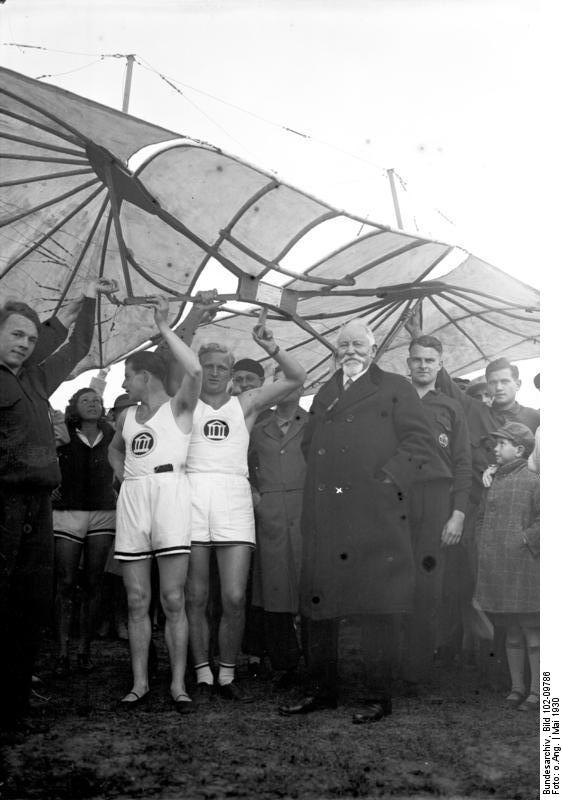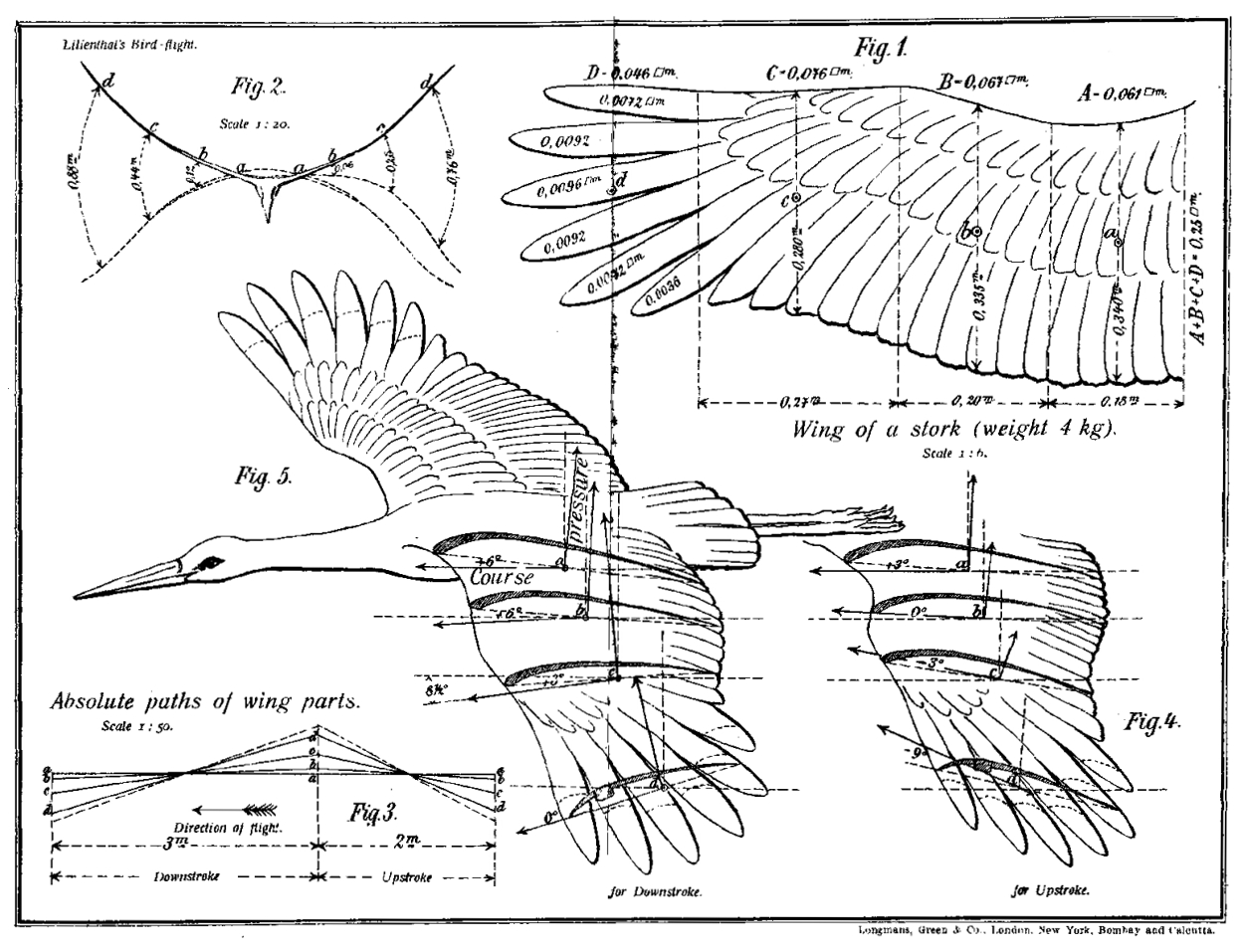|
Lilienthal (surname)
Lilienthal is a German and Jewish surname. Notable people with the surname include: * Alfred Lilienthal, American author * Andor Lilienthal, Hungarian chess player * David E. Lilienthal, (1899–1981) American public official at TVA and Atomic Energy Commission * Gustav Lilienthal, German aviation pioneer, brother of Otto * Max Lilienthal, Early Reform Rabbi * Otto Lilienthal, German aviation pioneer, brother of Gustav * Peter Lilienthal, film director * Philip H. Lilienthal, American lawyer, camp director, and philanthropist * Philip N. Lilienthal Philip Nettre Lilienthal (1850–1908) was an American banker and philanthropist. He served as a director of the California Title Insurance & Trust Company of San Francisco, the San Francisco Free Library, Union Iron Works, and was President of t ... (1850–1908). American banker {{surname, Lilienthal German-language surnames ... [...More Info...] [...Related Items...] OR: [Wikipedia] [Google] [Baidu] |
Alfred Lilienthal
Alfred M. Lilienthal (December 25, 1915 – October 6, 2008) was an American Jew, who was a prominent critic of Zionism and the state of Israel. Early life New York City-born Lilienthal studied at both Cornell and Columbia Universities and, graduating from the latter in 1938 with a law degree, was admitted to the bar. In 1936 he founded a First Voters League in support of Alf Landon, and in 1939 became vice-chairman of a Provisional Committee for American Youth formed in opposition to the American Youth Congress which the Committee accused of being a communist front. In 1940 he again acted as president of the Republican First Voters League, and became Fusion Party candidate for the New York City Council in 1941. During the Second World War, he worked for the State Department (1942–1943, Division of Defense Materials, and again 1945–1948) and served in the U.S. Army in the Middle East (1943–1945). While based in Egypt, Lilienthal made his first visit to the H ... [...More Info...] [...Related Items...] OR: [Wikipedia] [Google] [Baidu] |
Andor Lilienthal
Andor (André, Andre, Andrei) Arnoldovich LilienthalReuben Fine, ''The World's Great Chess Games'', Dover Publications, 1983, p. 216. . (5 May 1911 – 8 May 2010) was a Hungarian and Soviet chess player. In his long career, he played against ten male and female world champions, beating Emanuel Lasker, José Raúl Capablanca, Alexander Alekhine, Max Euwe, Mikhail Botvinnik, Vasily Smyslov, and Vera Menchik.Slobodan AdzicHe Has Beaten Lasker, Capablanca, Alekhine as well as Old Age! ChessBase News, May 30, 2005. At the time of his death, he was the oldest living grandmaster (since surpassed by Yuri Averbakh), and the last surviving person from the original group of grandmasters awarded the title by FIDE in 1950. Biography Lilienthal, of Jewish origin, was born in Moscow, Russian Empire, and moved to Hungary at the age of two. David Hooper and Kenneth Whyld, ''The Oxford Companion to Chess'' (2nd ed. 1992), Oxford University Press, p. 226. . He played for Hungary in three Chess O ... [...More Info...] [...Related Items...] OR: [Wikipedia] [Google] [Baidu] |
David E
David (; , "beloved one") (traditional spelling), , ''Dāwūd''; grc-koi, Δαυΐδ, Dauíd; la, Davidus, David; gez , ዳዊት, ''Dawit''; xcl, Դաւիթ, ''Dawitʿ''; cu, Давíдъ, ''Davidŭ''; possibly meaning "beloved one". was, according to the Hebrew Bible, the Kings of Israel and Judah, third king of the Kingdom of Israel (united monarchy), United Kingdom of Israel. In the Books of Samuel, he is described as a young shepherd and Lyre, harpist who gains fame by slaying Goliath, a champion of the Philistines, in southern Canaan. David becomes a favourite of Saul, the first king of Israel; he also forges David and Jonathan, a notably close friendship with Jonathan (1 Samuel), Jonathan, a son of Saul. However, under the paranoia that David is seeking to usurp the throne, Saul attempts to kill David, forcing the latter to go into hiding and effectively operate as a fugitive for several years. After Saul and Jonathan are both killed in battle against the Philistin ... [...More Info...] [...Related Items...] OR: [Wikipedia] [Google] [Baidu] |
Gustav Lilienthal
Gustav Lilienthal (October 9, 1849 – February 1, 1933) was a German social reformer, a pioneer in building and construction technology (Prefabricated buildings), inventor of different Construction sets (e. g. Anchor Stone Blocks) and involved in the pioneering work of his brother, Otto Lilienthal in aviation. References External links *Gustav Lilienthalon the website of Otto-Lilienthal-Museum The Otto Lilienthal Museum in Anklam (Germany) is a museum dedicated to the "glider king" Otto Lilienthal, the flight pioneer, as well as a pioneer in technical, social and cultural projects. Lilienthal made over 2,000 flights in gliders of his d ... {{DEFAULTSORT:Lilienthal, Gustav German aviators 1933 deaths 1849 births German social reformers 19th-century German inventors Otto Lilienthal ... [...More Info...] [...Related Items...] OR: [Wikipedia] [Google] [Baidu] |
Max Lilienthal
Max Lilienthal (November 6, 1815 – April 6, 1882) was a German-born adviser for the reform of Jewish schools in Russia and later a rabbi and proponent of Reform Judaism in the United States. Life and religion Work for Russian Government Lilienthal held a doctorate from the University of Munich when Ludwig Philippson recommended him to head a school inspired by the Enlightenment in Riga, then a part of the Russian Empire. He arrived in Riga in 1840. He made a greater impact with the Minister of National Education, Sergey Uvarov, than he did with the school. The next year, Uvarov summoned Lilienthal to serve as the Ministry of National Education's "learned Jew." Lilienthal's most important task was to convince the Jews of the importance of enlightened education. Lilienthal summoned committees from the various Jewish communities in the Pale of Settlement to provide recommendations on the reform of the schools, but the notion of reform was so controversial that many boycotted. Non ... [...More Info...] [...Related Items...] OR: [Wikipedia] [Google] [Baidu] |
Otto Lilienthal
Karl Wilhelm Otto Lilienthal (23 May 1848 – 10 August 1896) was a German pioneer of aviation who became known as the "flying man". He was the first person to make well-documented, repeated, successful flights with gliders, therefore making the idea of "heavier than air" a reality. Newspapers and magazines published photographs of Lilienthal gliding, favourably influencing public and scientific opinion about the possibility of flying machines becoming practical. Lilienthal's work led to him developing the concept of the modern wing. His flight attempts in 1891 are seen as the beginning of human flight and the "Lilienthal Normalsegelapparat" is considered to be the first airplane in series production, making the ''Maschinenfabrik Otto Lilienthal'' the first air plane production company in the world. Otto Lilienthal is often referred to as either the "father of aviation" or "father of flight". On 9 August 1896, his glider stalled and he was unable to regain control. Falling f ... [...More Info...] [...Related Items...] OR: [Wikipedia] [Google] [Baidu] |
Peter Lilienthal
Peter Lilienthal (born 27 November 1929) is a German film director, writer, actor and producer. His 1979 film ''David'' won the Golden Bear at the 29th Berlin International Film Festival. His 1984 film '' Das Autogramm'' was entered into the 34th Berlin International Film Festival. In 1996, he was a member of the jury at the 46th Berlin International Film Festival. Filmography Director *1958: ''Studie 23'' (co-directors: Pit Kroke, Jörg Müller, Ralph Wünsche), short *1959: ''Ausflug mit Damen'' (co-director Wolfgang Spier — Based on a play by Friedrich Michael) *1960: ''Die Nachbarskinder'' (segment of the anthology film ''Der Nachbar'', screenplay: Benno Meyer-Wehlack), short *1961: ''Biographie eines Schokoladentages'' (screenplay: Dieter Gasper) *1962: ''Der 18. Geburtstag'' (screenplay: Theodor Kotulla, Klaus Roehler) *1962: ''Stück für Stück'' (screenplay: Benno Meyer-Wehlack) *1962: ''Picknick im Felde'' (screenplay: Peter Lilienthal — Based on a play by Fernando ... [...More Info...] [...Related Items...] OR: [Wikipedia] [Google] [Baidu] |
Philip H
Philip, also Phillip, is a male given name, derived from the Greek (''Philippos'', lit. "horse-loving" or "fond of horses"), from a compound of (''philos'', "dear", "loved", "loving") and (''hippos'', "horse"). Prominent Philips who popularized the name include kings of Macedonia and one of the apostles of early Christianity. ''Philip'' has many alternative spellings. One derivation often used as a surname is Phillips. It was also found during ancient Greek times with two Ps as Philippides and Philippos. It has many diminutive (or even hypocoristic) forms including Phil, Philly, Lip, Pip, Pep or Peps. There are also feminine forms such as Philippine and Philippa. Antiquity Kings of Macedon * Philip I of Macedon * Philip II of Macedon, father of Alexander the Great * Philip III of Macedon, half-brother of Alexander the Great * Philip IV of Macedon * Philip V of Macedon New Testament * Philip the Apostle * Philip the Evangelist Others * Philippus of Croton (c. 6th centur ... [...More Info...] [...Related Items...] OR: [Wikipedia] [Google] [Baidu] |
Philip N
Philip, also Phillip, is a male given name, derived from the Greek (''Philippos'', lit. "horse-loving" or "fond of horses"), from a compound of (''philos'', "dear", "loved", "loving") and (''hippos'', "horse"). Prominent Philips who popularized the name include kings of Macedonia and one of the apostles of early Christianity. ''Philip'' has many alternative spellings. One derivation often used as a surname is Phillips. It was also found during ancient Greek times with two Ps as Philippides and Philippos. It has many diminutive (or even hypocoristic) forms including Phil, Philly, Lip, Pip, Pep or Peps. There are also feminine forms such as Philippine and Philippa. Antiquity Kings of Macedon * Philip I of Macedon * Philip II of Macedon, father of Alexander the Great * Philip III of Macedon, half-brother of Alexander the Great * Philip IV of Macedon * Philip V of Macedon New Testament * Philip the Apostle * Philip the Evangelist Others * Philippus of Croton (c. 6th centur ... [...More Info...] [...Related Items...] OR: [Wikipedia] [Google] [Baidu] |


